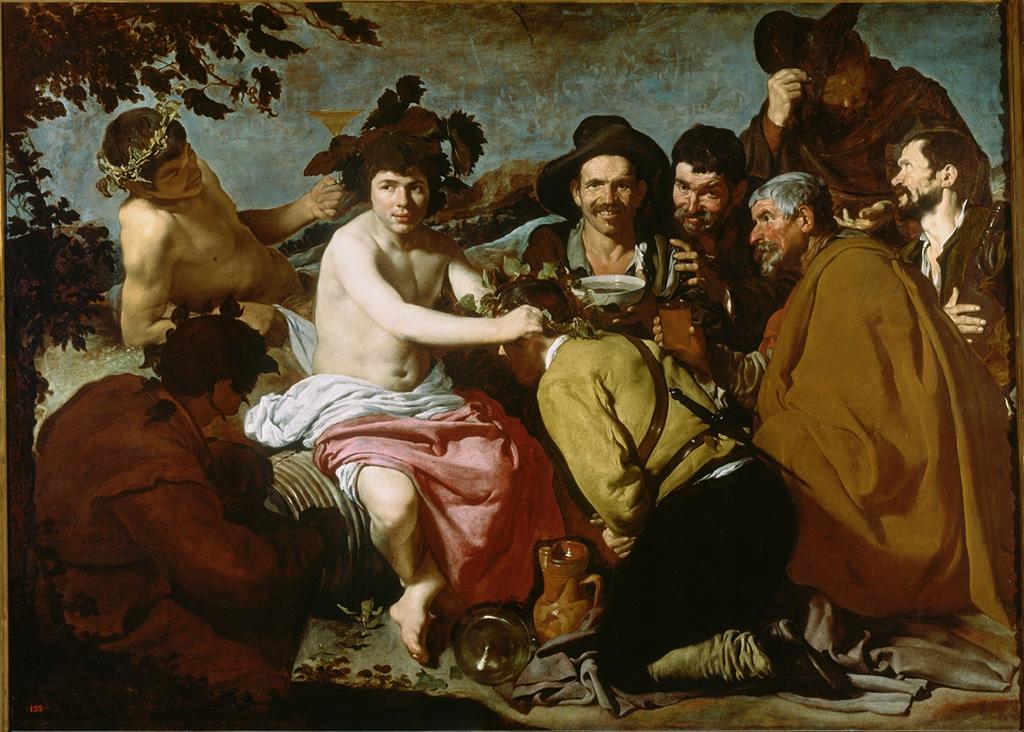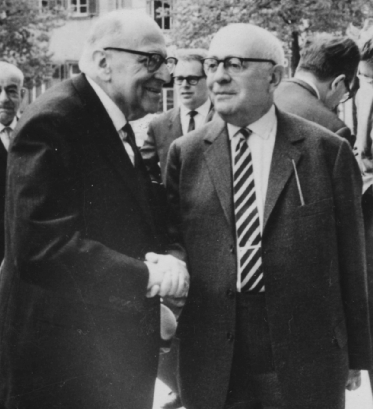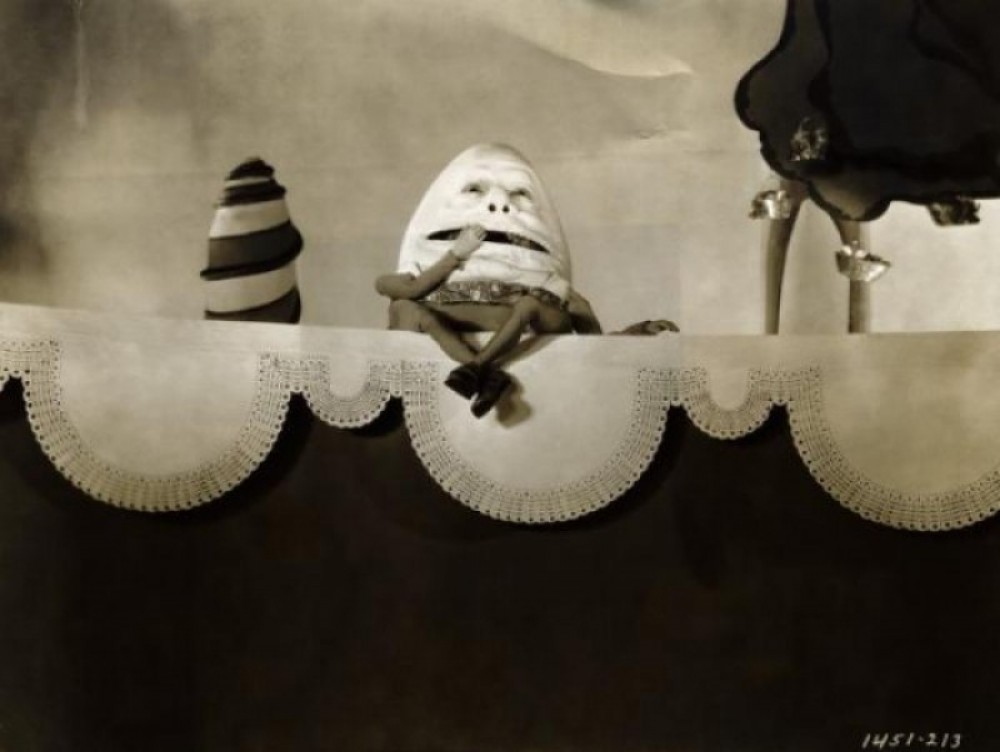Intention at the College Art Association (2010)

All fluorescent bulbs will eventually go out; only Flavin’s intentions can make some of them also be about the fact that they will eventually go out. All of us may think of the ephemeral when we look at a fluorescent bulb flickering; only the belief that this (or something else) is what Flavin meant us to think turns our responses into interpretations.
Intention, Interpretation, and the Balance of Theory

As I try to make this out I may find myself hesitating among several possibilities: that Manet simply took advantage of the earlier painting’s meaninglessness; that he was in some way actively interested in the palpable discontinuity within the painting between artist’s intention and unrealized meaning; that his own painting stands as a reading of Velázquez’s, where reading means something distinct from but not without relation to interpretation.
We are all proletarians

The battle that Marx fought against “milieu theory” was against the idea that culture determined consciousness. His great achievement was to see that economics was not a matter of culture but of exploitation. Which is to say Adorno’s emphasis on domination and difference (how bourgeois culture shapes being), rather than exploitation and the proletariat, is pre-Marxist in orientation.
Best Intentions

Meaning, no less than intention, matters. But to the extent it isn’t all or above all what interpretation, indeed appreciation, of an artwork aims at, or is in any event of a different, less linguistic order than those in search of it tend to suppose, then, their intentions notwithstanding, in a relevant sense both intentionalism and the do-or-die debate about it might not be all that any more than where it’s at.
Intentionalism and Texts with Too Many Authors

This is what we might say about Philosophical Instigations, a collection of slips of paper in the nachlass of an important philosopher, Wittstein, that were taken to be paragraphs he wrote as expressions of a new philosophical theory, but which in fact were his collection of student in-class responses to the repeated assignment, “Write something short and interesting about language.”
Re-Turning the Hermeneutic Circle

In these terms, the account of the making of this photograph is a description of the more or less necessary historical conditions from which it (and many others) arose. These conditions did not determine the image, rather they made the image possible, and they made it possible in terms very different from those that made other artifacts possible. Every artifact has arisen and arises from such a concrete set of possibilities, and all of these sets of possibilities have their own histories.
Issue #6: Intention and Interpretation

This issue is loosely the result of a double session on Intention and Interpretation at the College Art Association meeting of February 2010. The line-up of speakers was somewhat different from the authors of this special issue, but these remarks describe the developments to which both sets of papers address themselves. Thierry de Duve, Michael Garral, Stephen Melville, and Walter Benn Michaels were all participants in the sessions and contributed arguments substantially like those they present here. David Summers was scheduled to take part, but was unable to attend the gathering in 2010. Samuel Wheeler contributes an entirely new piece on the topic.
Also in this issue, Molly Warnock on the pliages of Simon Hantaï.
Associations for Phil Chang

In the language of insurance, “inherent vice” is the natural tendency of an object to self-destruct for no apparent reason. The inherent vice of glass or marble objects, for instance, is that they can collapse at any moment; the material is structurally unstable. For photography, and particularly for color photography, the inherent vice of the photograph is that it inevitably tarnishes, no matter how hard we try to slow it down.
New Poetry: Samuel Amadon and Maureen McLane

Nonsite presents new poetry: “Spy Poem” by Samuel Amadon and three poems by Maureen N. McLane: “Invitation to a Voyage,” “A Situation,” and “OK Fern.” Click on the Poetry tab to see our archive and new arrivals.
Spy Poem

I don’t know how I found you—like
red dots spread across lines, pages
before I noticed I
read them as if I read them—like when turns
of plot arise
in shows I watch
while thinking how I thought them there—
